When we saw this amazing sunset over the city of Paris, we could have sung, “Je vois la vie en rose!” (Or should we say, “Je vois Paris en rose!”).
Here is a little story and the lyrics of a song that has become an anthem for anything ‘French’ in the world.
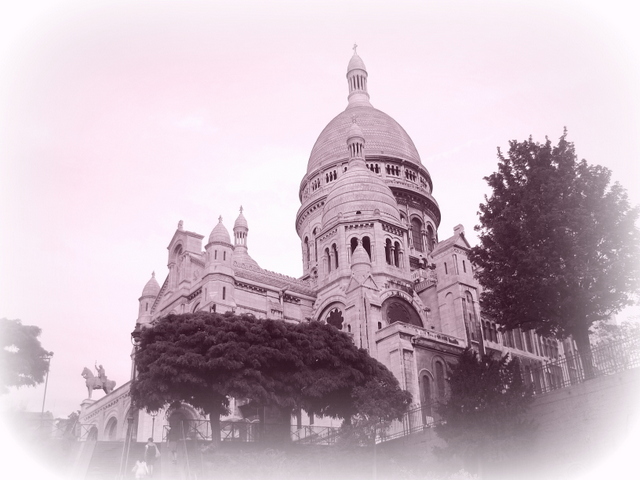
About the song
“La Vie en Rose” is arguably one of these French songs that have met international recognition. It was written in 1945 by French singer Édith Piaf (19 December 1915 – 11 October 1963). She released her first single in 1947.
The literal translation of the song’s title is “Life in Pink“. It also means “Life in Rosy Hues” or “Life through Rose-coloured glasses“. Although the lyrics are from Édith Piaf, the melody was composed by Marguerite Monnot and Louis Guglielmi, aka Louiguy.
Édith Piaf had initially written “les choses en rose” (“Things in pink”) before Marianne Michel modified it to “la vie en rose”. The song’s success is mainly due to its lyrics. Indeed, in the aftermath of WW2, they talked directly to the heart of those who suffered from the war.
Many cover versions of “La Vie en Rose” have been sung by show-biz celebrities: Andrea Bocelli, Audrey Hepburn, Bing Crosby, Carla Bruni, Céline Dion, Dalida, Dean Martin, Diana Krall, Grace Jones, Josephine Baker, Julio Iglesias, Katherine Jenkins, Liza Minelli, Louis Armstrong, Luciano Pavarotti, Madeleine Peyroux, Shirley Bassey, Tony Martin, Yves Montand…
The French lyrics of “La Vie en Rose”
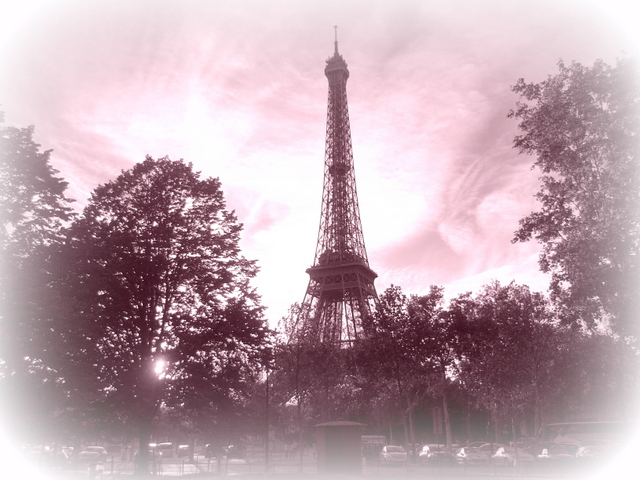
“La Vie en Rose” by Édith Piaf is an iconic French song celebrated in France and worldwide. The title itself, “La Vie en Rose,” translates to “life in pink,” suggesting seeing life through a rosy, optimistic lens. The lyrics beautifully capture the theme of blissful love and its transformative power.
The song opens with the narrator describing her beloved’s captivating eyes and smile, features that are so appealing they make her shy and enamoured. This vivid description sets the stage for a portrait of deep affection and attachment, highlighting uplifting and personal love.
As the chorus unfolds, the phrase “je vois la vie en rose” is repeated, illustrating how love alters her perception of the world, imbuing everyday life with joy and colour. The lover’s whispered words and the simplicity of their expressions of love enhance her everyday existence, making ordinary moments feel extraordinary.
At the heart of the song
The song’s heart lies in its portrayal of love as a source of happiness and security. The lover has entered her heart, bringing a piece of happiness whose cause she clearly understands—their mutual love. This theme is reiterated with declarations of enduring commitment, where promises of lifelong fidelity are made.
The song also touches on the physical reaction to love, describing how her heart races at the mere sight of her beloved. This physiological response symbolises the profound emotional impact of their connection.
Towards the end, the lyrics speak of endless nights of love, replacing troubles and sorrows with immense joy and contentment, so overwhelming that they feel almost fatal in their intensity.
Overall, “La Vie en Rose” is a lyrical exploration of the joys of love, portraying how it can beautifully transform one’s perspective and experience of life. It celebrates love’s power to bring unparalleled happiness and colour into one’s life, making even the simplest moments feel like a burst of joy.
Read the lyrics in French of La Vie en Rose.
Pin it for later
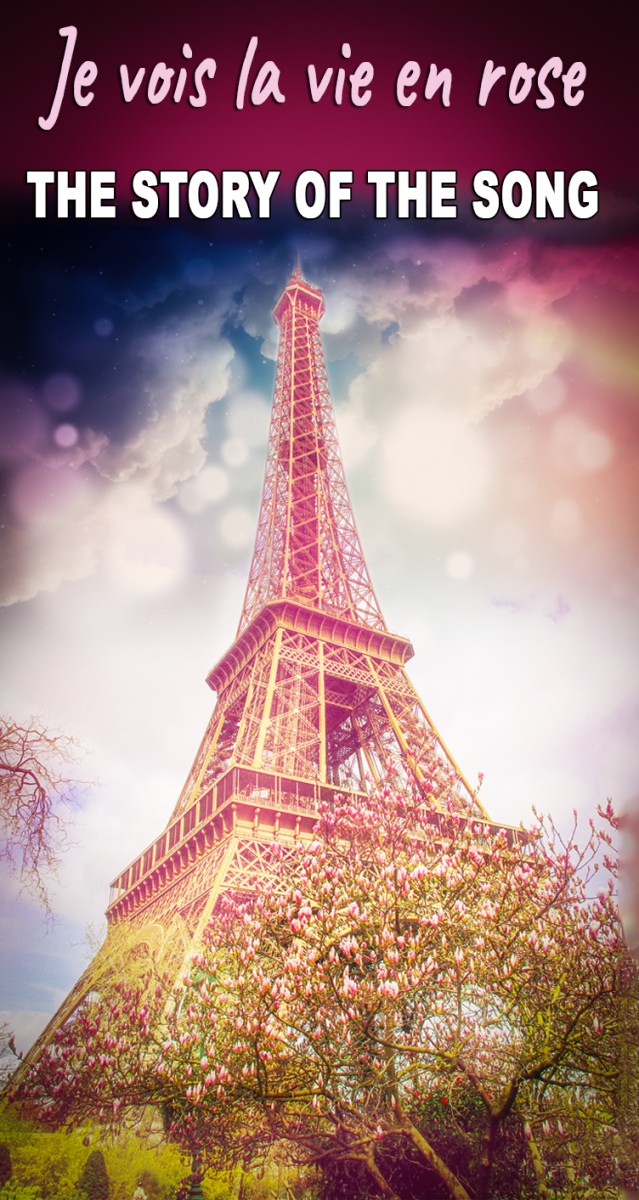

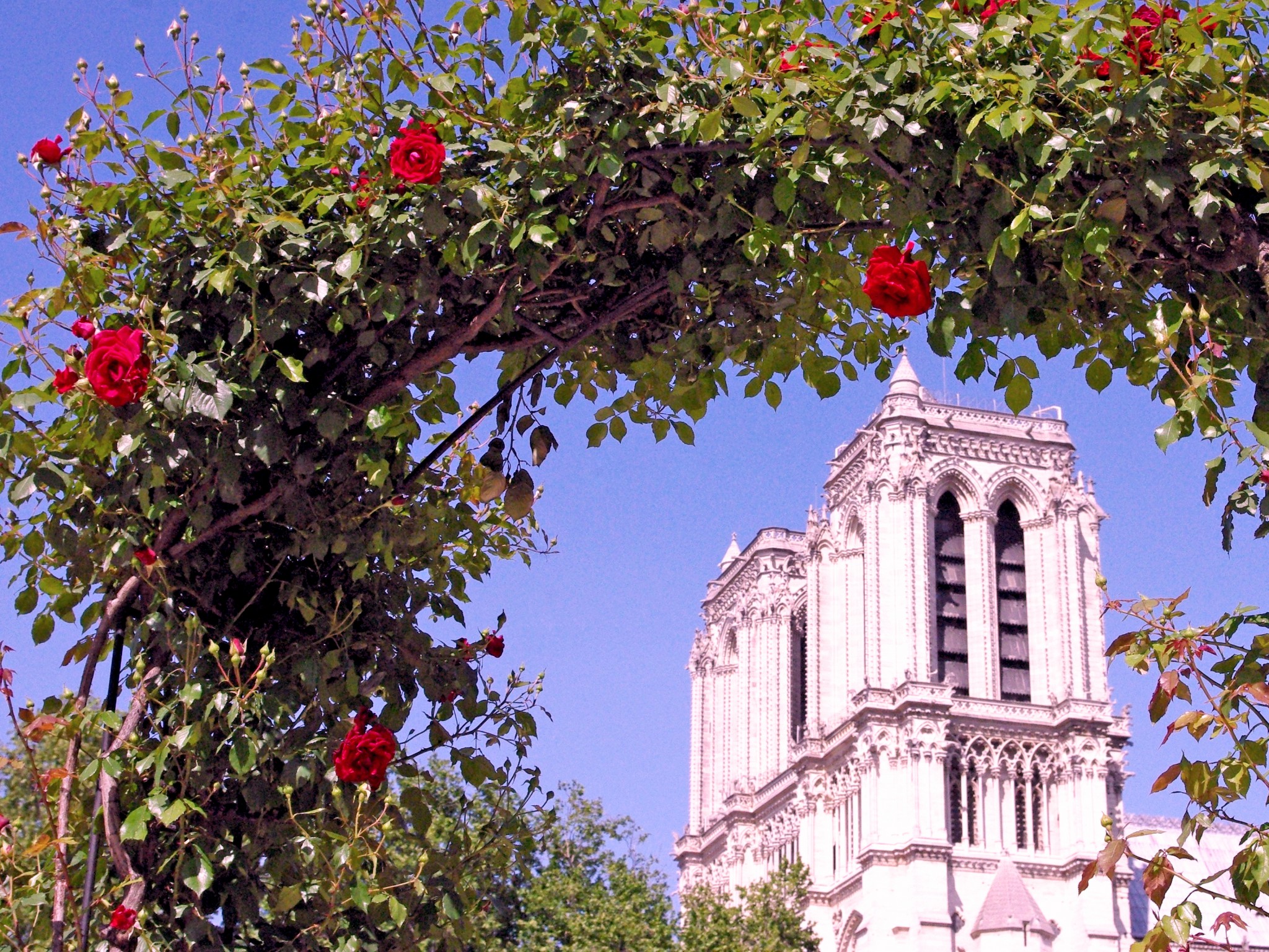


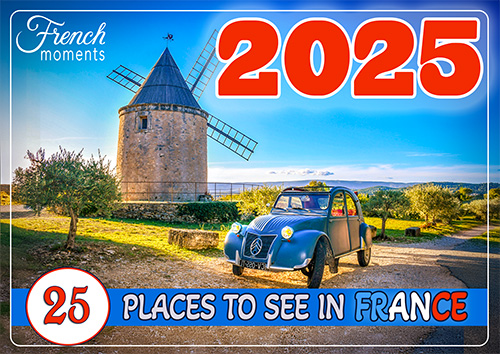
I absolutely love how music transcends the differences between people of different regions. This song has been covered by people all over the world unfathomable number of times in several different languages. One version that particularly interests me is Walter Dobschinski and his Soloists' German version of this song, "Schau mich bitte nicht so an" as it was recorded in 1948, just 3 years after the end of WW2 and the release of original version. It is a proof of the powerful and unbreakable bond humans have with each other despite all the differences and hate instigated by filthy politics and propaganda.
I love this song. I have been singing ing it since the 40’s. It speaks to my heart. It lets me travel to France. Bravo. It somehow soothes me amid all the turmoil.